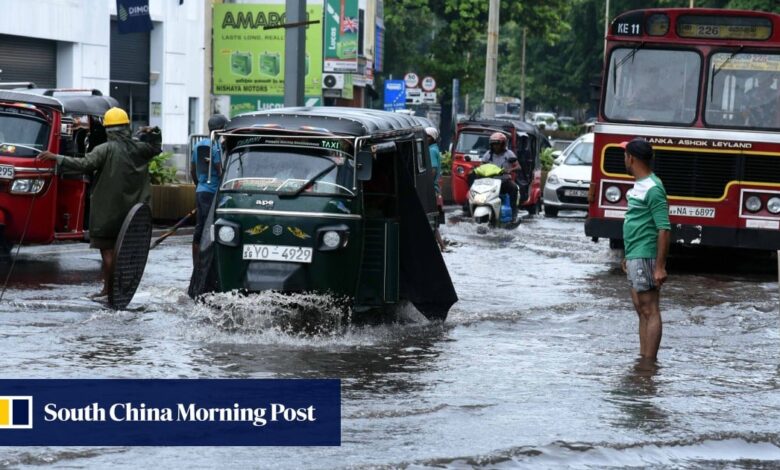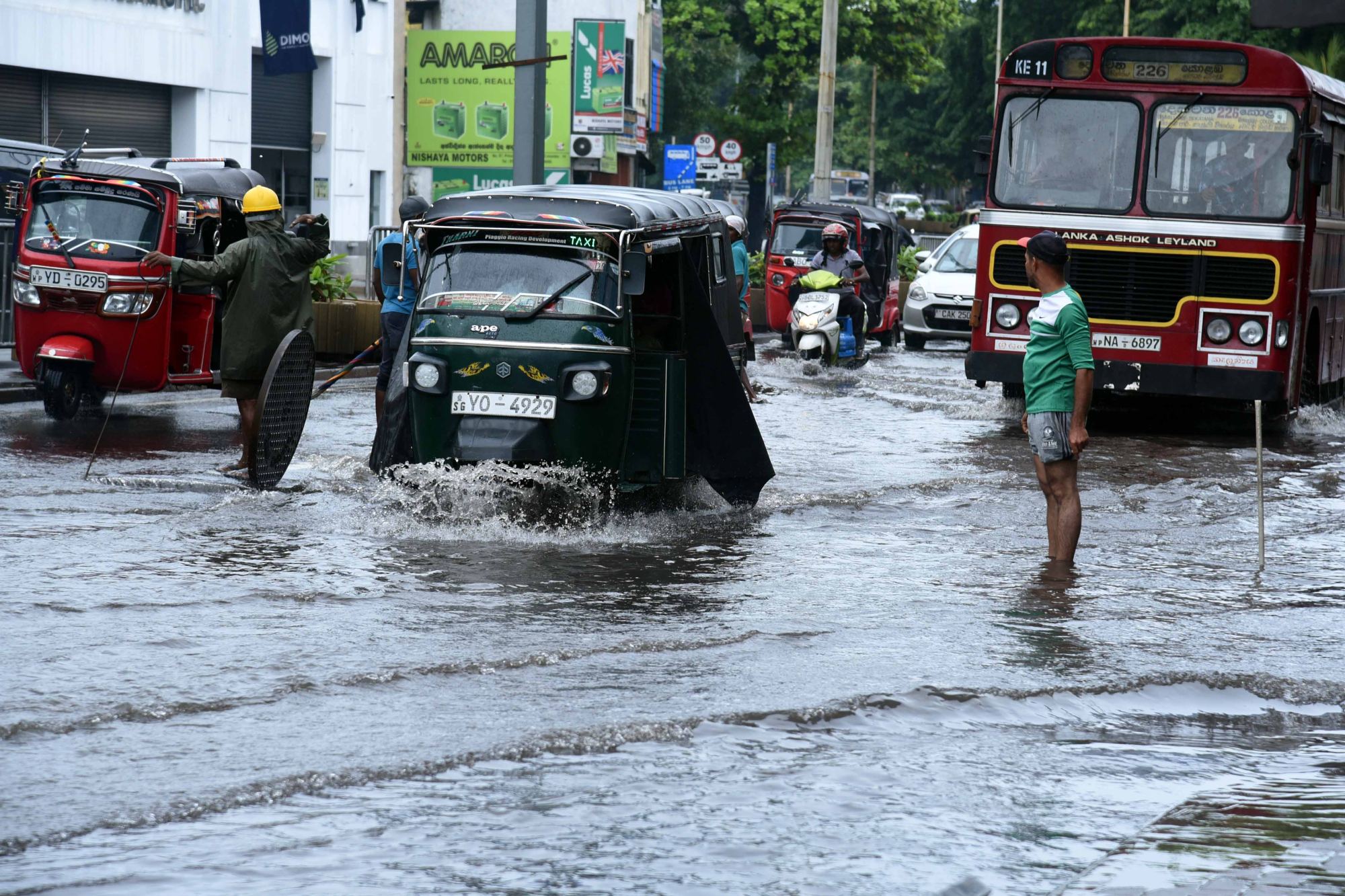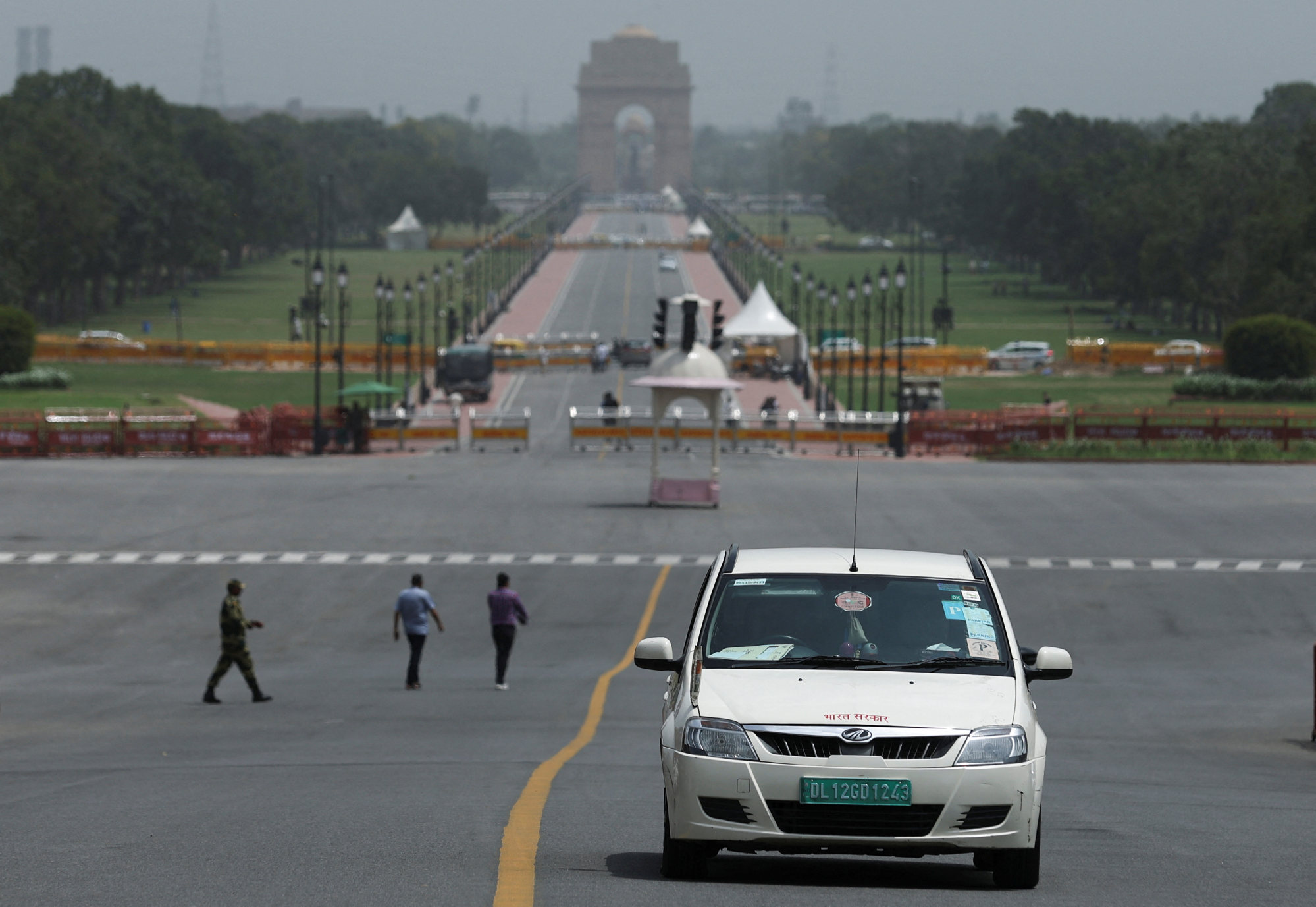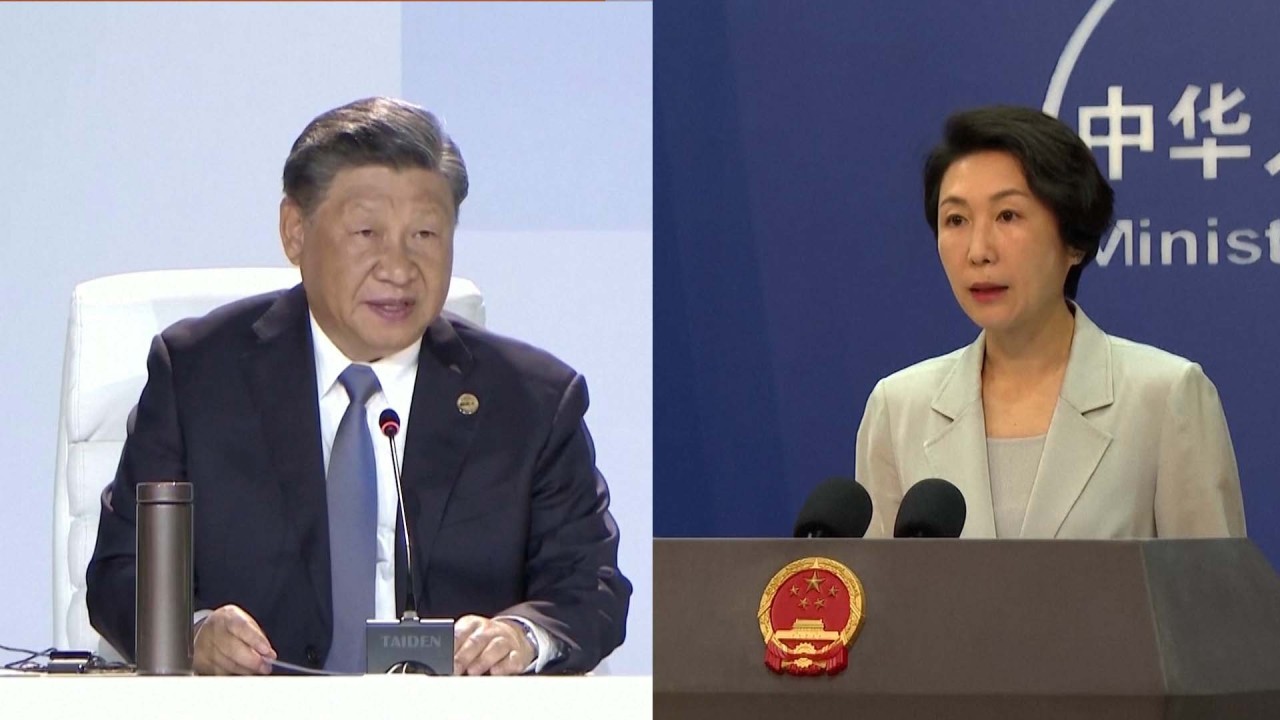Can India unite a ‘divided’ G20 to tackle ‘major sticking point’ of climate financing?

[ad_1]
“The West has not been willing to provide the kind of support the developing countries were expecting. The developing countries will have to be provided with affordable finance, and they can’t be burdened with excessive commitment to attain net-zero targets,” said Dhar.
Fortunately, global awareness to open an easier path to climate finance has increased, as heatwaves have scorched rich and poor nations alike, underscoring the little time to lose over politics, observers say.
Heatwaves to hit China every 5 years as extreme weather events multiply: study
Heatwaves to hit China every 5 years as extreme weather events multiply: study
Despite the initiative, these highly-indebted countries continue to struggle, Dhar said. This is because they tap funds from three major sources – bilateral assistance from governments like China and India, multilateral development banks, and private creditors.

“Developed countries are providing inadequate levels of concessional finance. Developing countries are forced to go to capital markets or go to multilateral development banks [like the IMF and the World Bank] and borrow at high interest rates,” he said, highlighting that the G20 decision to suspend debt servicing applied only to bilateral official assistance provided by one government to another.
“The problem is that the heavily-indebted countries owe a larger share of the liabilities to multilateral development banks and private creditors. This initiative is, therefore, not going anywhere,” Dhar said. “Effective debt relief can happen if multilateral development banks and private creditors are also included.”
The concern for private creditors is that suspending debt servicing of debt-stricken countries can expose them to rating downgrades that can undermine their business.
If G20 nations agree to recapitalise, or inject more funds, into the multilateral development banks, they can write off debts for debt-stressed nations, he added.
“External debt poses a major problem for these countries. Their development remains stymied, and they can’t afford climate-friendly policies,” said Dhar, underscoring a major hurdle to the bid for climate transition.
All hands on deck
Climate scientists say all countries need to be on board with the goal of limiting earth’s warming to 1.5 degrees Celsius to save the world’s coral reefs, preserve the Arctic’s ice layer and stave off a significant rise in sea levels.
Arunabha Ghosh, head of the Council on Energy, Environment and Water think tank in New Delhi, said G20 leaders had to recognise the massive challenge posed by four Ds – debt, development, disaster and decarbonisation – and ask if the bloc had delivered enough.
Whether it’s debt or development, or it’s disaster and decarbonisation – it boils down to ensuring that there’s money on the table
“I think ultimately – whether it’s debt or development, or it’s disaster and decarbonisation – it boils down to ensuring that there’s money on the table,” Ghosh said. The critical issue G20 leaders have to resolve is to make finance “cheap, long and convenient”, he added.
Ghosh said the missing element was institutional investment, highlighting that the world was sitting on US$200 trillion of institutional capital that could reduce costs for developing countries and emerging markets.
“The decarbonisation story is not just going to happen through changing the light bulbs in our homes. It’s going to happen by changing how we make things, how we move things, how we consume things,” he said.
Can India be the net-zero champion the Global South needs?
Can India be the net-zero champion the Global South needs?
Dhruba Purkayastha, India director of the Climate Policy Initiative, an analysis and advisory organisation, highlighted that green finance currently excluded emission reduction for production of materials like steel and cement.
“I would expect that in the upcoming G20 the definition of transition finance will be expanded and crystallised,” he added. “There should be some mechanism in green finance to address the issue of adaptation.”

Climate experts underscored the need for G20 nations to act in unison.
“We have a global climate crisis, and that needs all countries to jointly solve this issue,” said Tim Buckley, director of think tank Climate Energy Finance, adding that cooperation was ideal but healthy competition to achieve net-zero goal was fine.
“The US seems largely unable to really comprehend the need to decarbonise their economy, and even the recent unprecedented extreme weather events are yet to sink in sufficiently for them,” he said.
Buckley said the world needed the US to “help solve this global problem, if competition or fear of China is the catalyst, so be it – so long as the answer is competition and not aggression”.
[ad_2]
Source link






